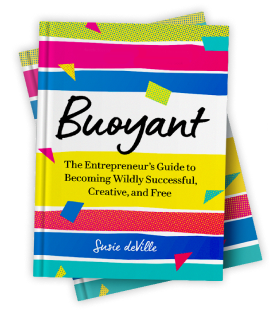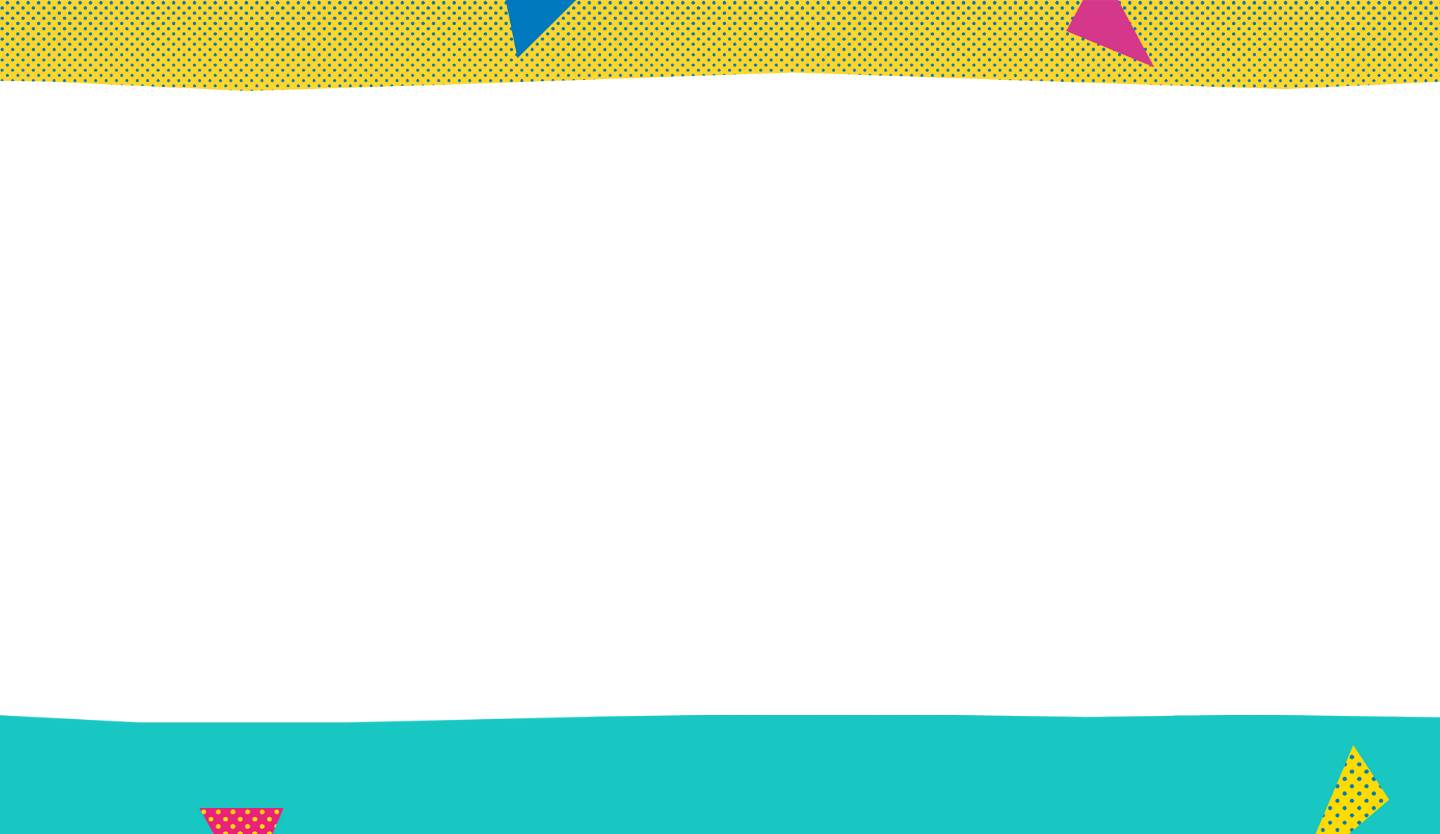If you’re wondering how to know what you want, it’s time to break out your journal and the one vital question that will change everything.
The greatest thing in the world is to know how to belong to oneself.
—Michel de Montaigne
We Convince Ourselves We Don’t Know
My long-time client, Paul, came to me recently with a question that had been gnawing at his heart for decades. After more than thirty years of marriage, he asked quietly, “How do I know if I should leave?”
He wasn’t angry or bitter. He was tired.
He said he hadn’t felt passion—true, soul-stirring passion—since the first year of his marriage. And yet, he stayed. Year after year. Out of loyalty. Habit. Fear. Love of a kind.
Confusion.
Because it was easier to stay than to face the avalanche of change that might follow if he left.
Paul isn’t alone. So many of us carry quiet questions like his in the back of our minds. We push them down because they’re too disruptive, too threatening.
But a silenced soul is not benign.
When Paul asked me for guidance, I didn’t give him answers. I gave him a question, since how to know what you want is an exercise in looking inward. I asked: What do you really want?

I then gave him an assignment to write it. Again and again. Each time he asked the question in his journal, I encouraged him to delve more deeply (not stop at surface answers or the ones he thought he should want) and to keep peeling back the layers.
Beyond the guilt. Beyond the fear. Beyond the noise of other people’s expectations.
We already know what we want.
But when we’re faced with a difficult decision—especially one that may affect people we love and care about—we shift our focus away from our desire and onto the consequences.
We ask, “What will this do to my partner?” “What if I regret it?” “What will people think?”
Of course, these are valid, human concerns. But they are not the core question. And they will never lead you to the truth of your own heart.
How to Know What You Want: Ask and Listen
The real question is not, “What might happen if I choose this?”
The real question is, “What is my soul longing for?”
We can’t access that truth if we dilute our attention with fear. We must be willing to turn inward and stay with the question, even when it burns.
When Paul and I had our next session after his extensive journaling, something had shifted. His voice was steady. There was no list of pros and cons. There was no agonizing over what-ifs.
There was simply a knowing. He had clarity for the first time in years as to what he really desired.
This is where freedom lives.
Not in the particulars of the decision itself, but in the courage to get clear and admit to ourselves what we’ve known all along.
So, if you’re standing at a crossroads, wondering how to know what you want, ask yourself directly—not just once, but many times: What do I really want?
And then listen with everything you’ve got.










